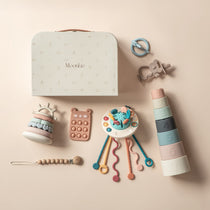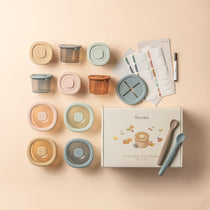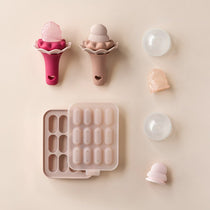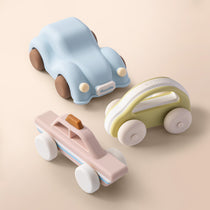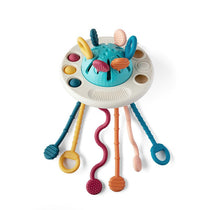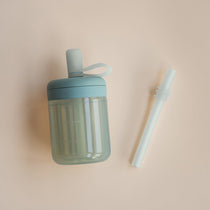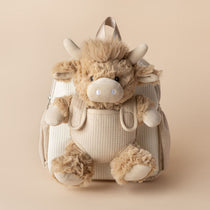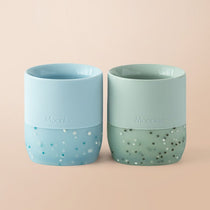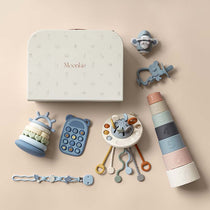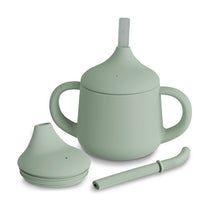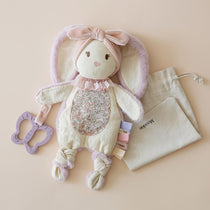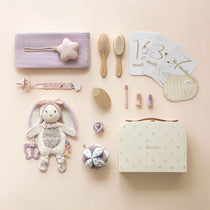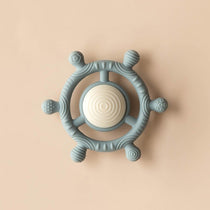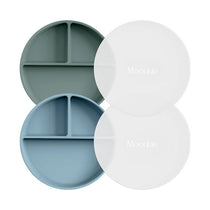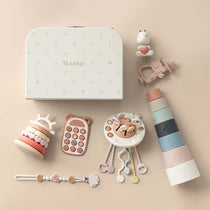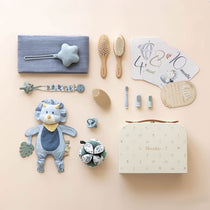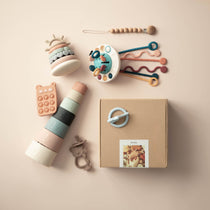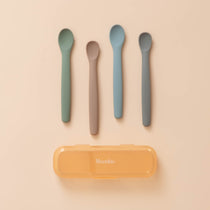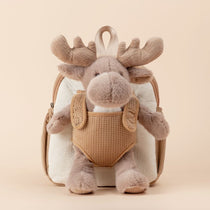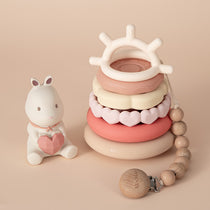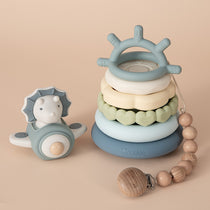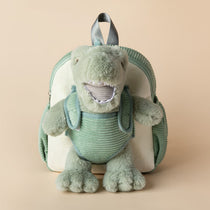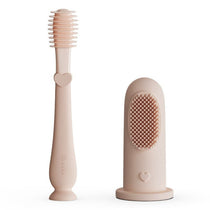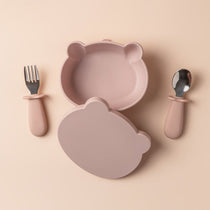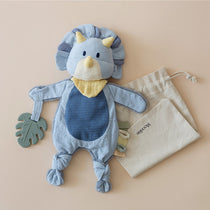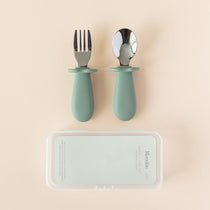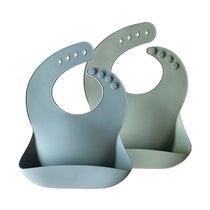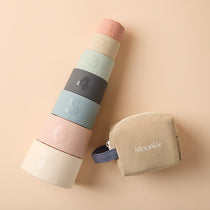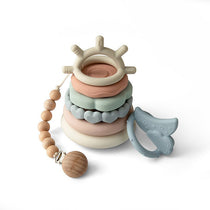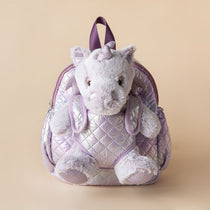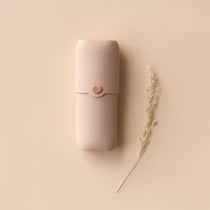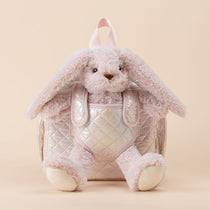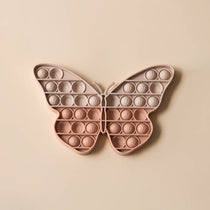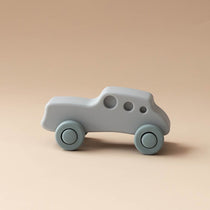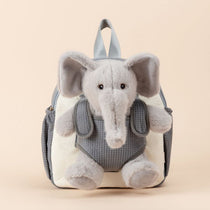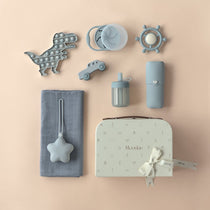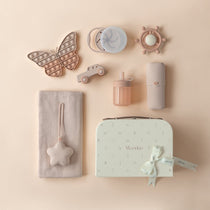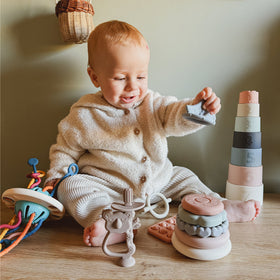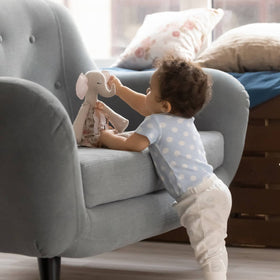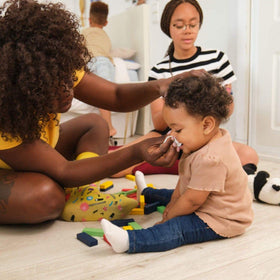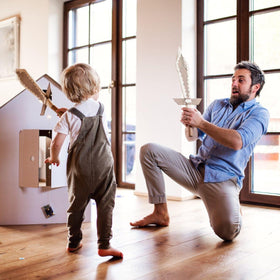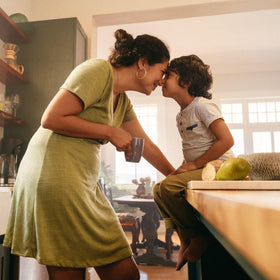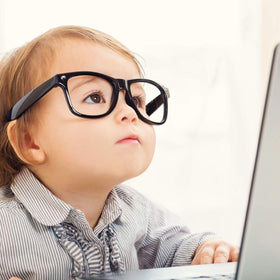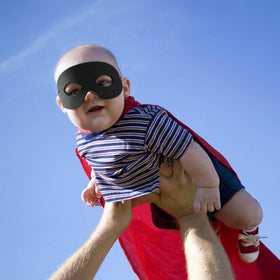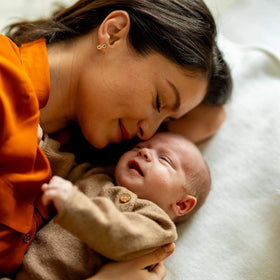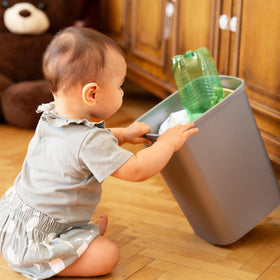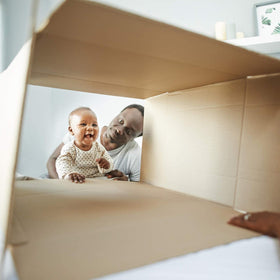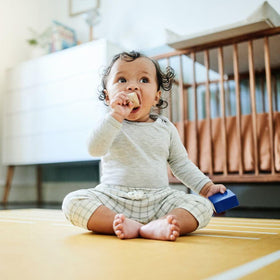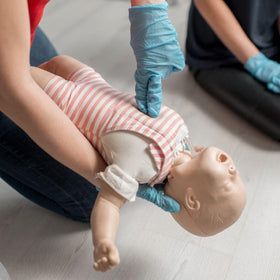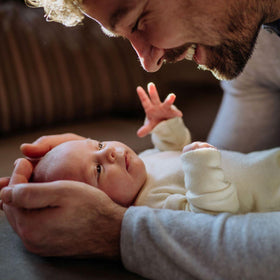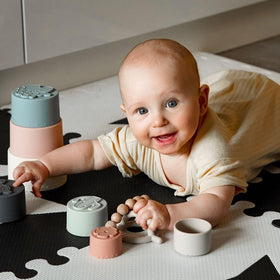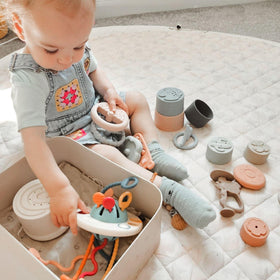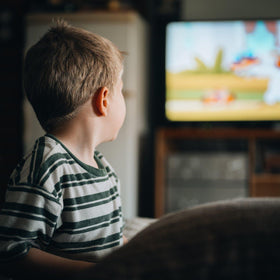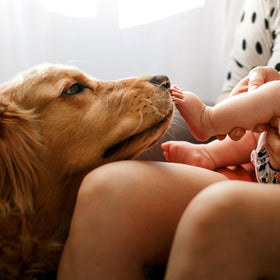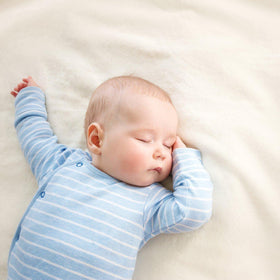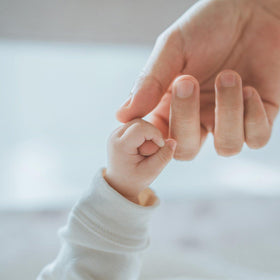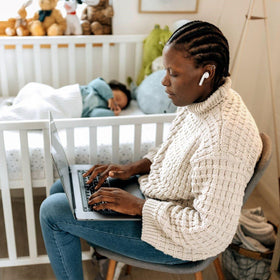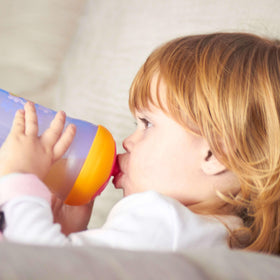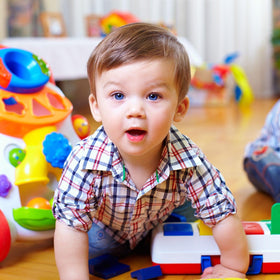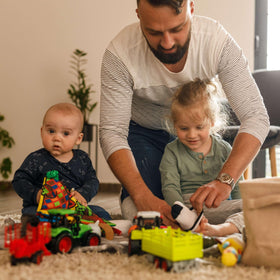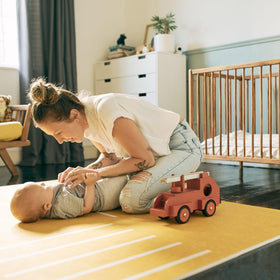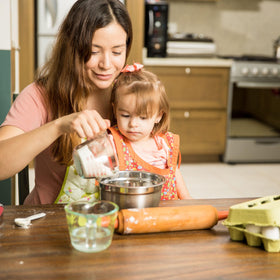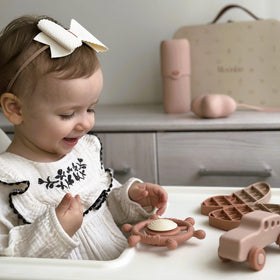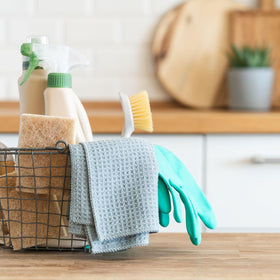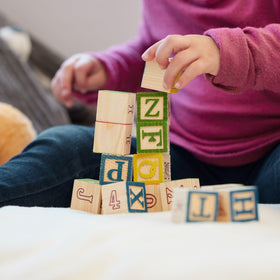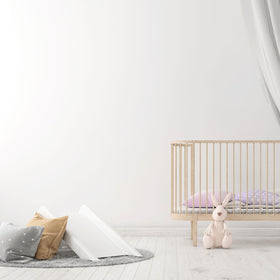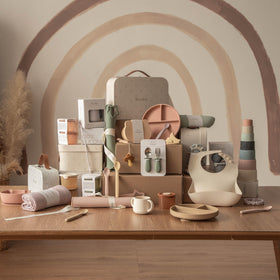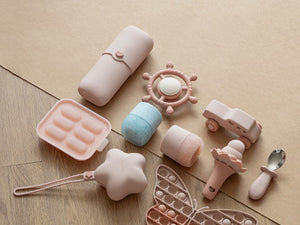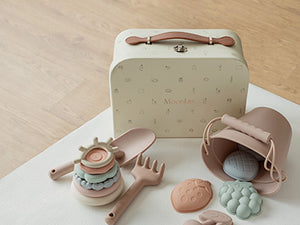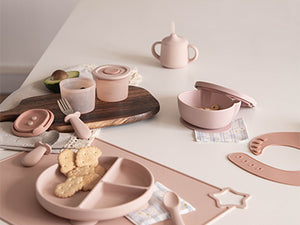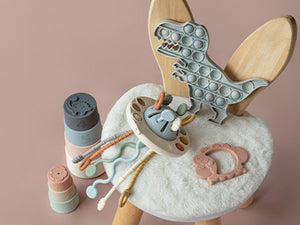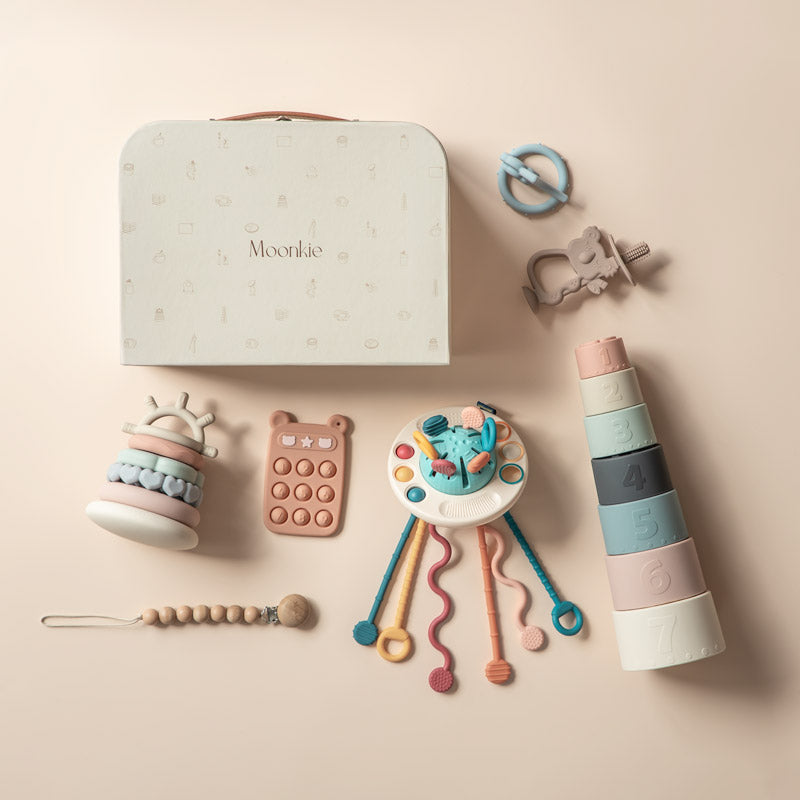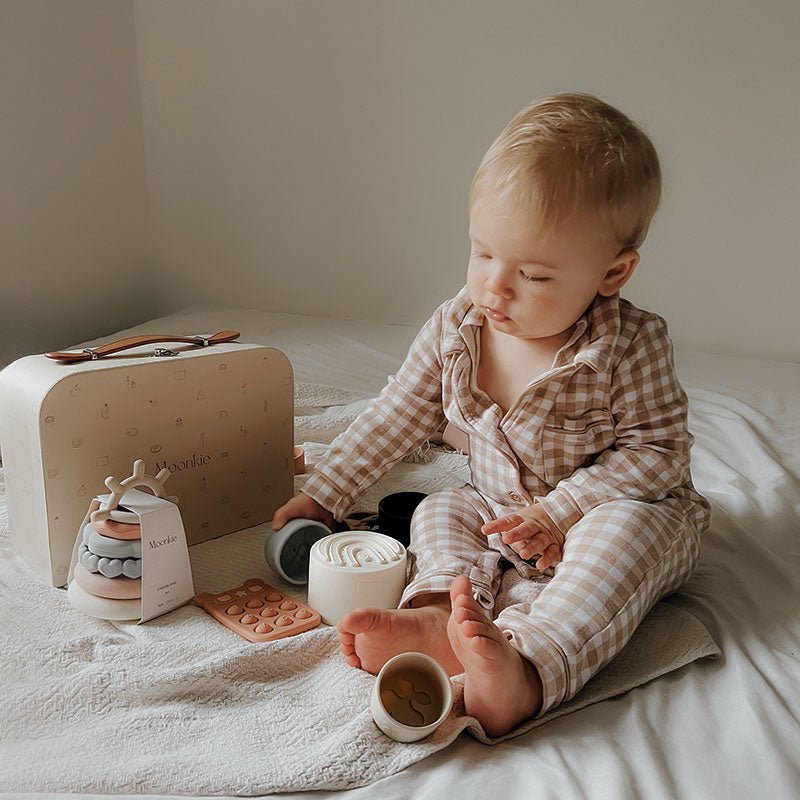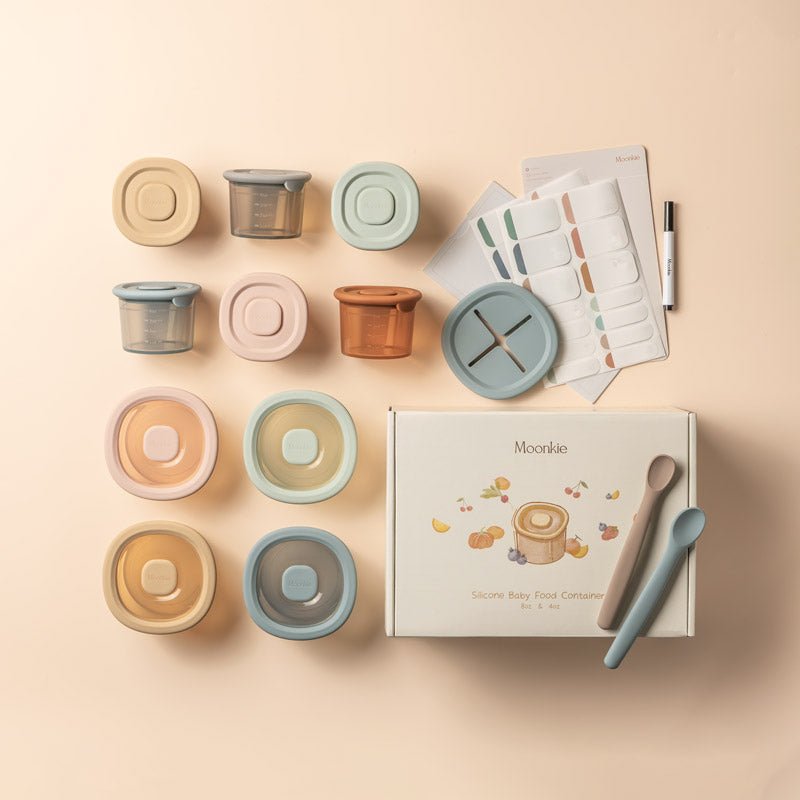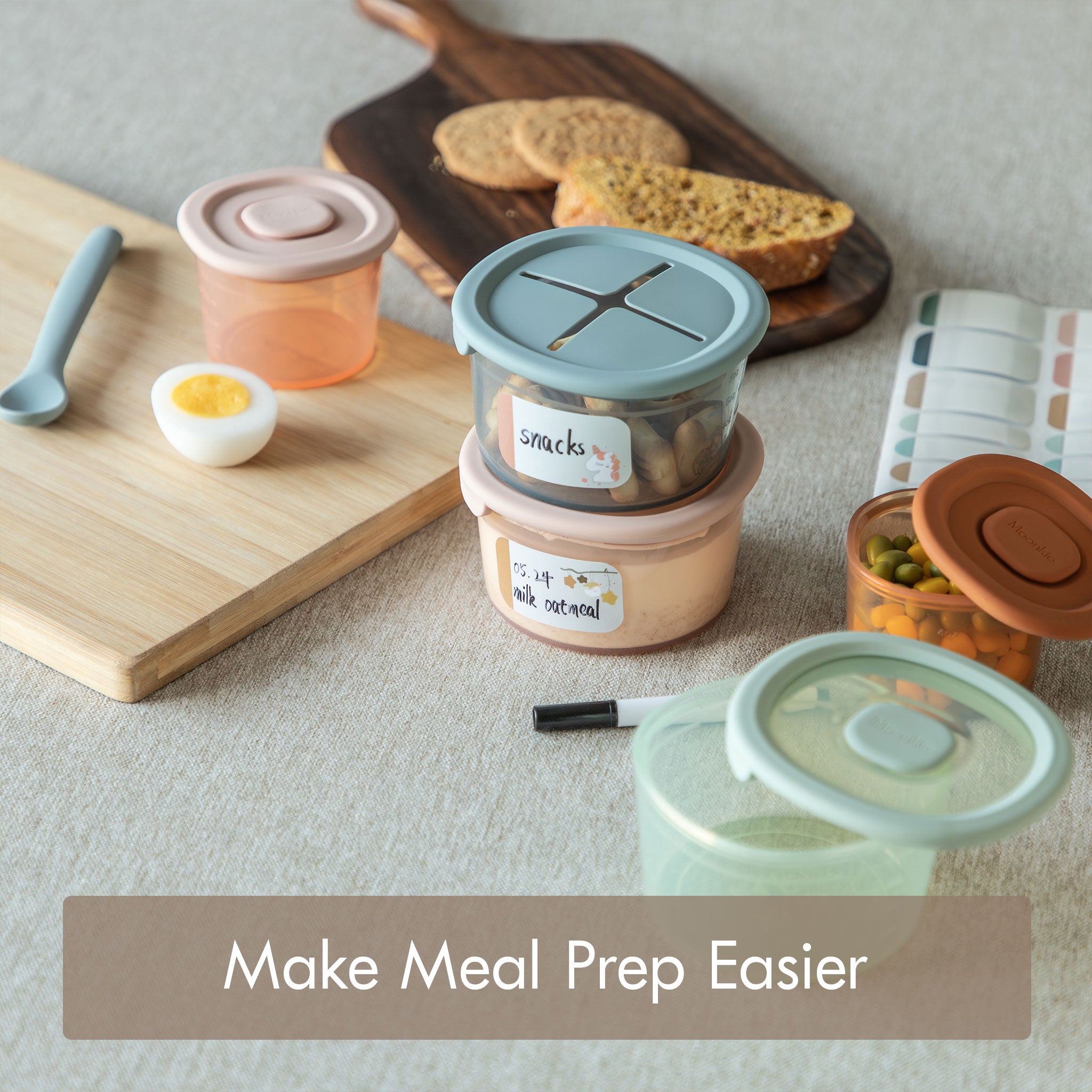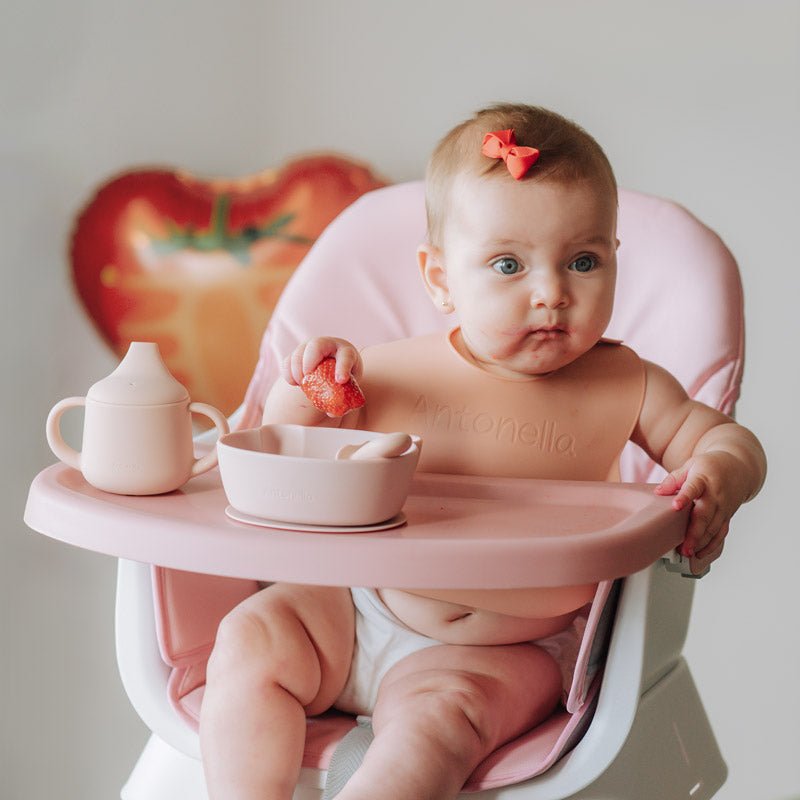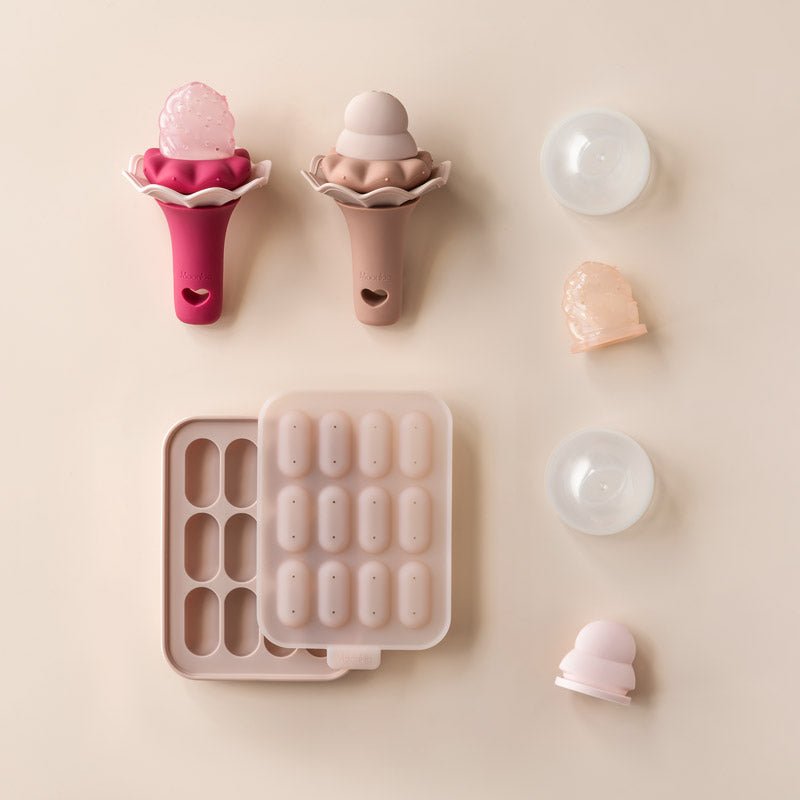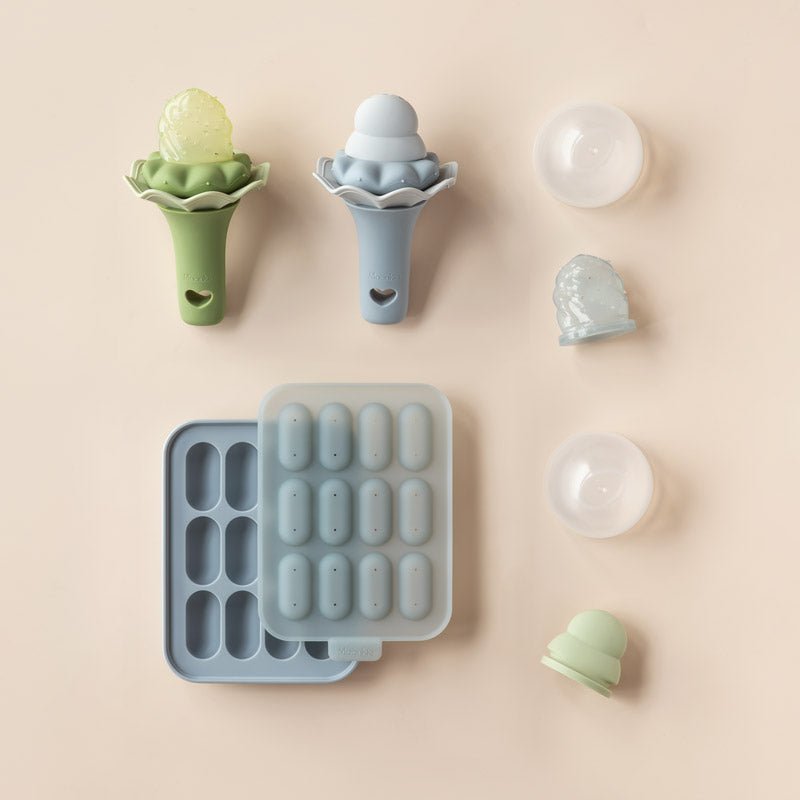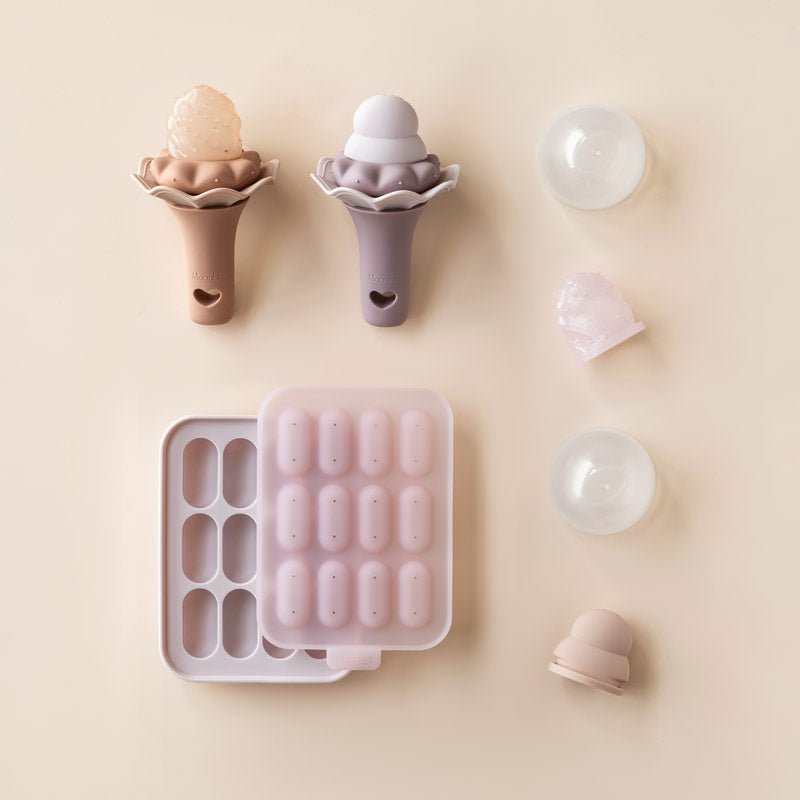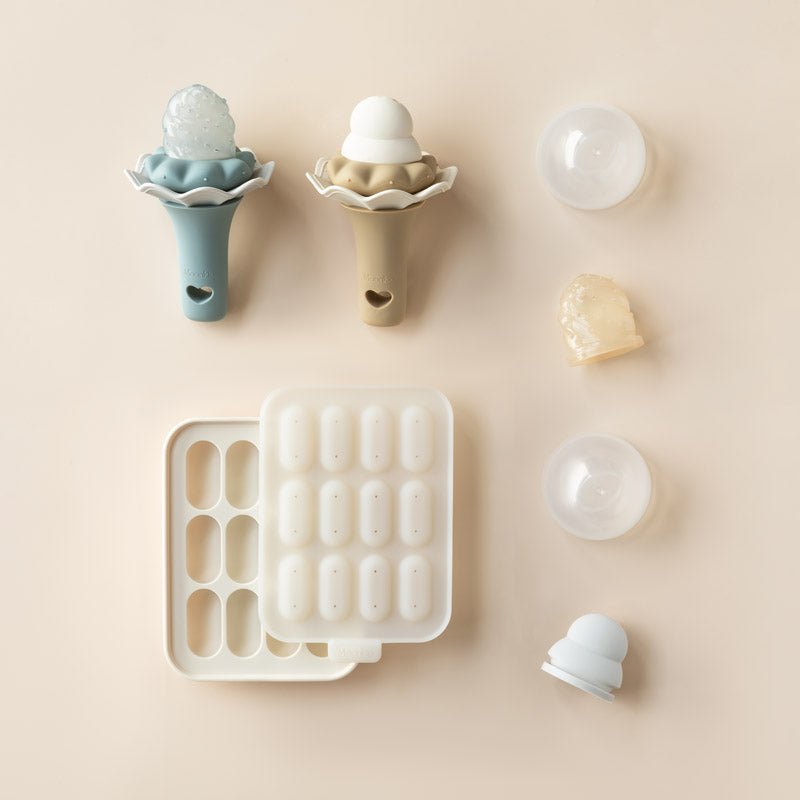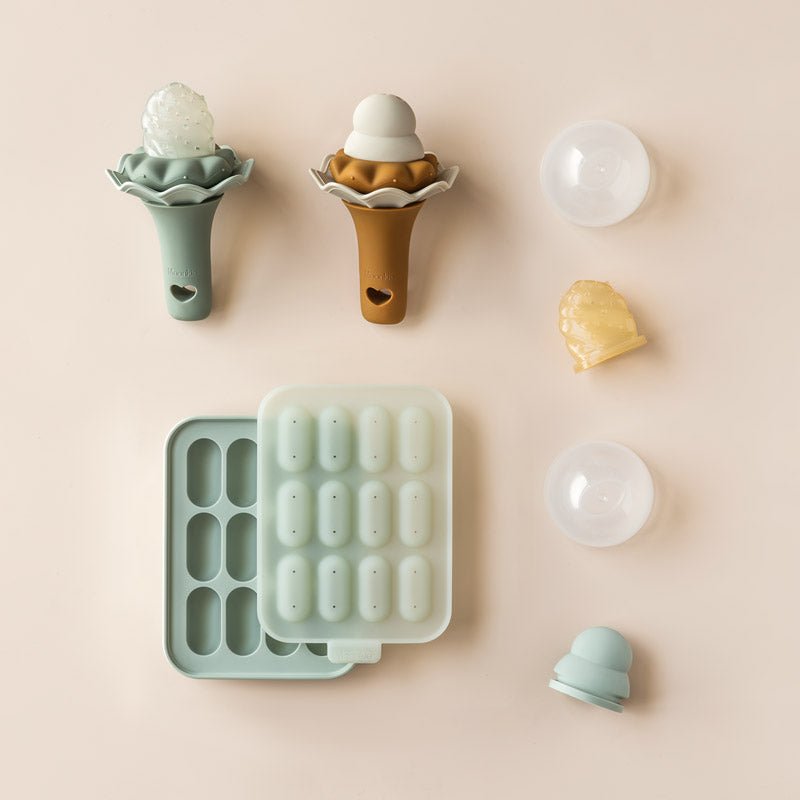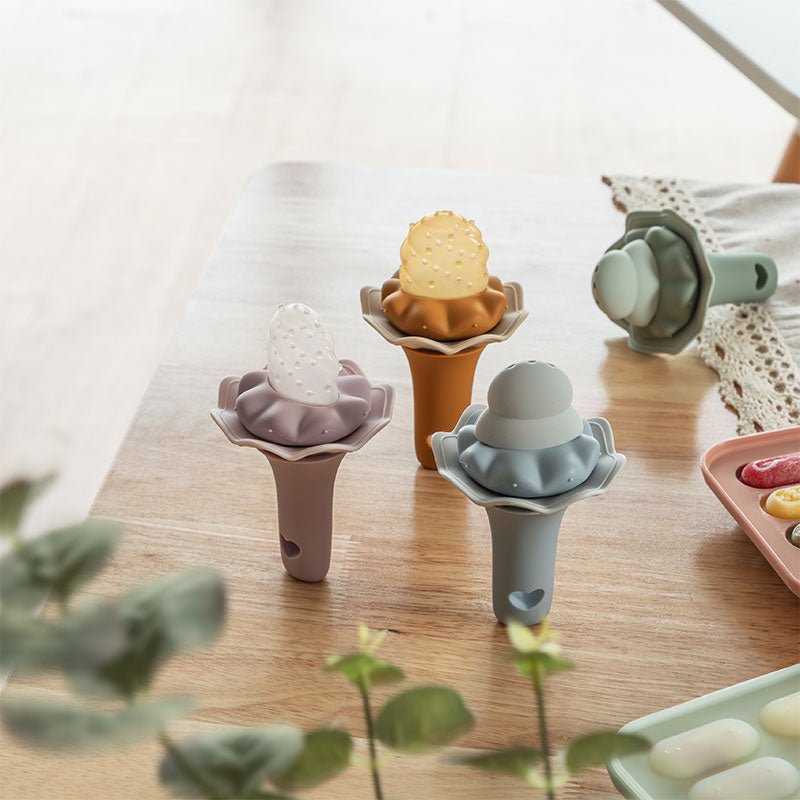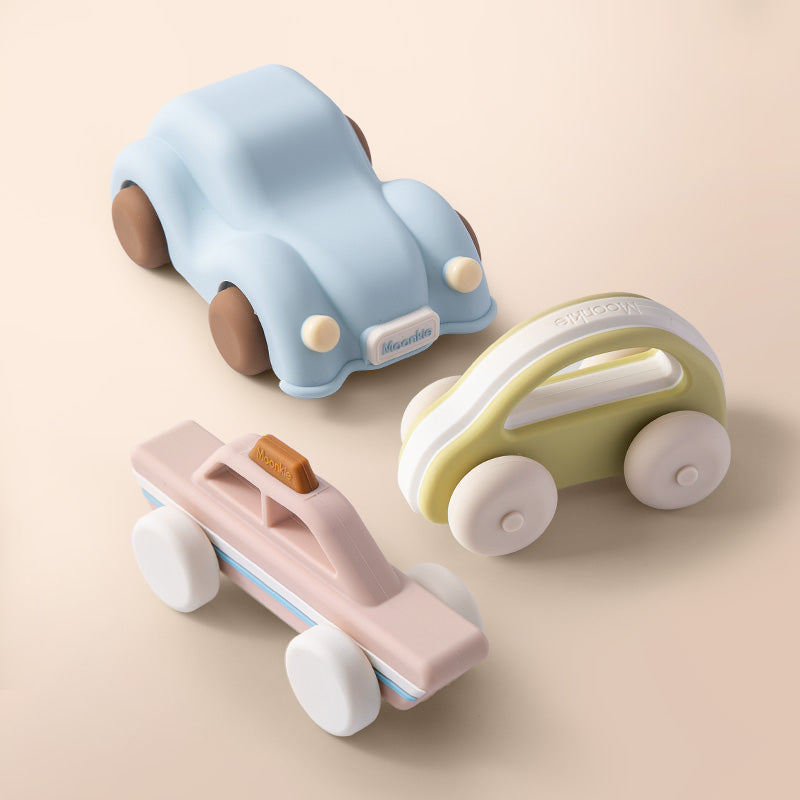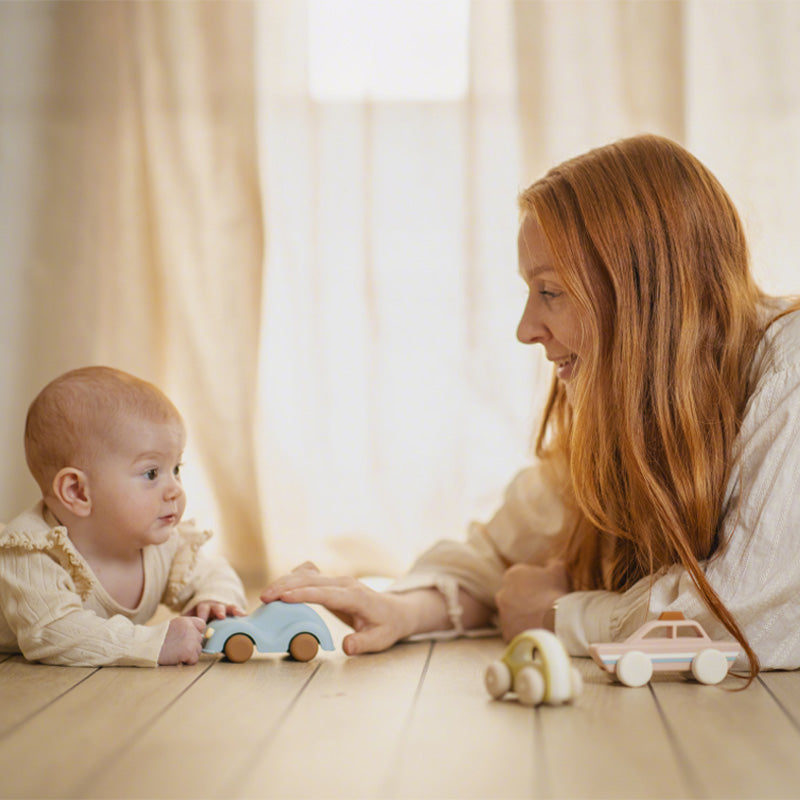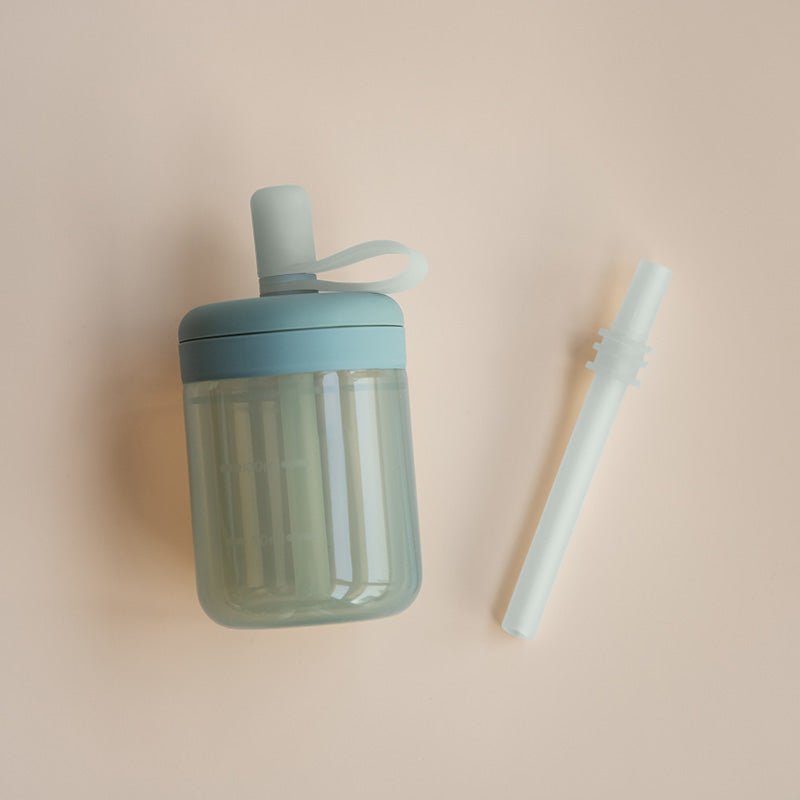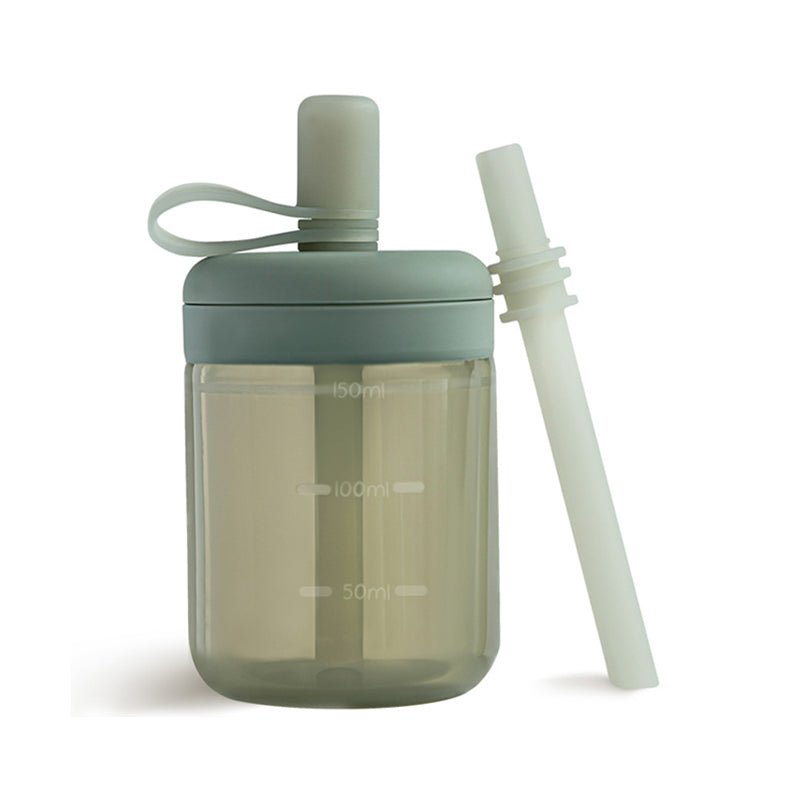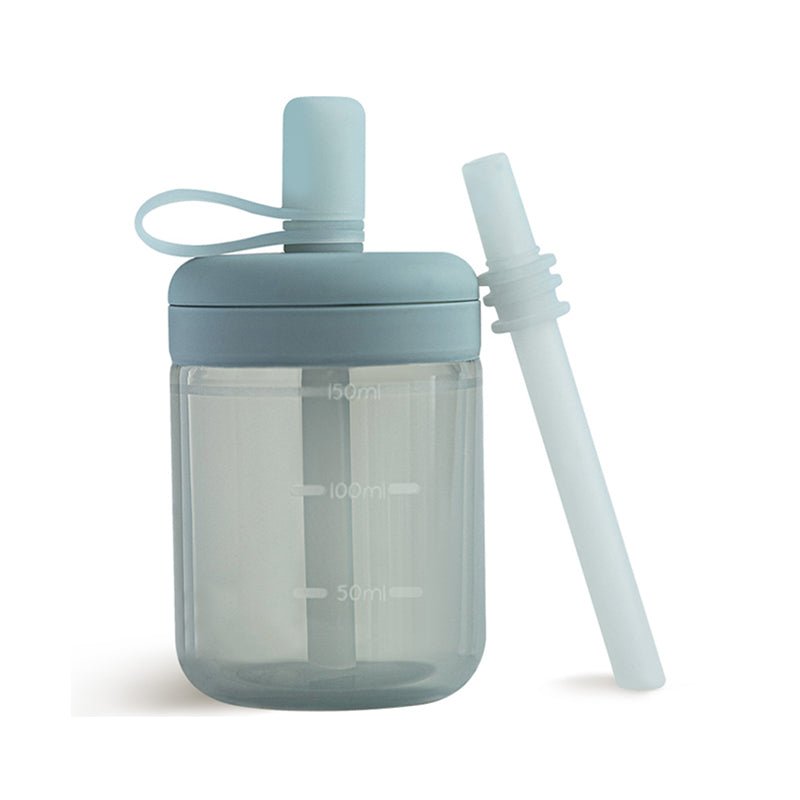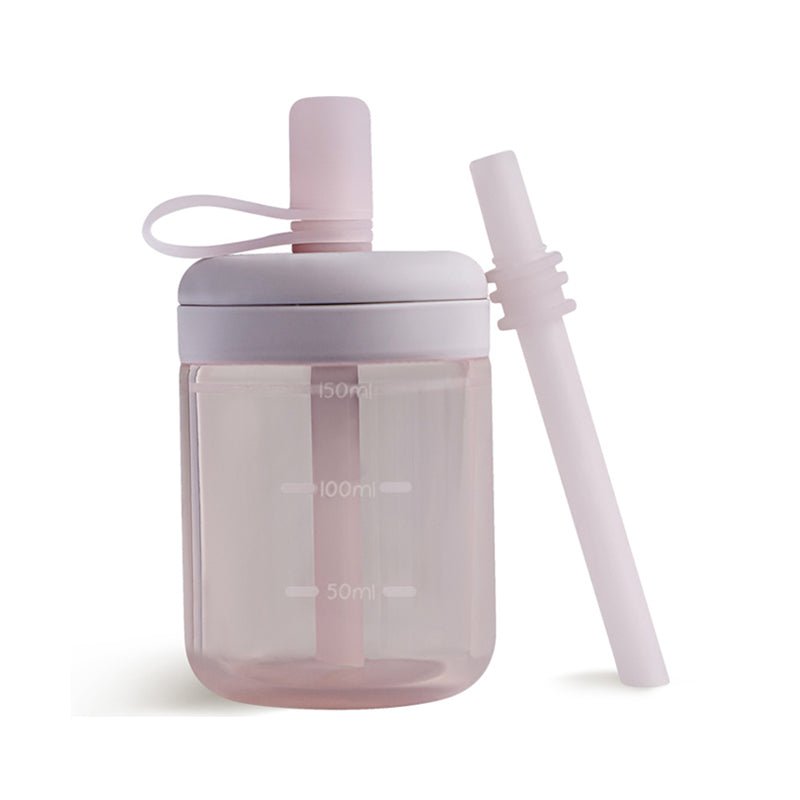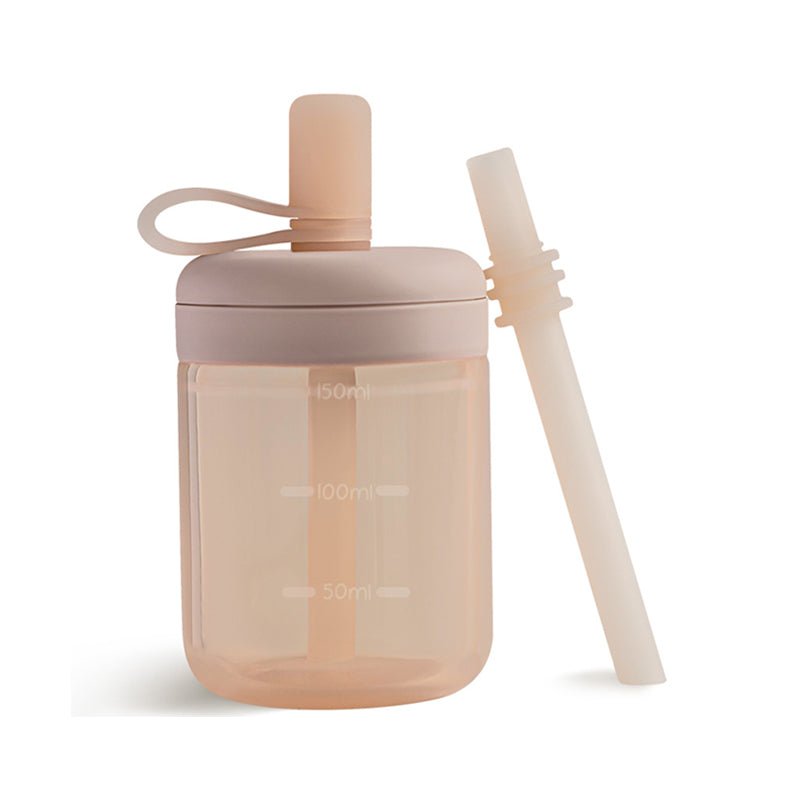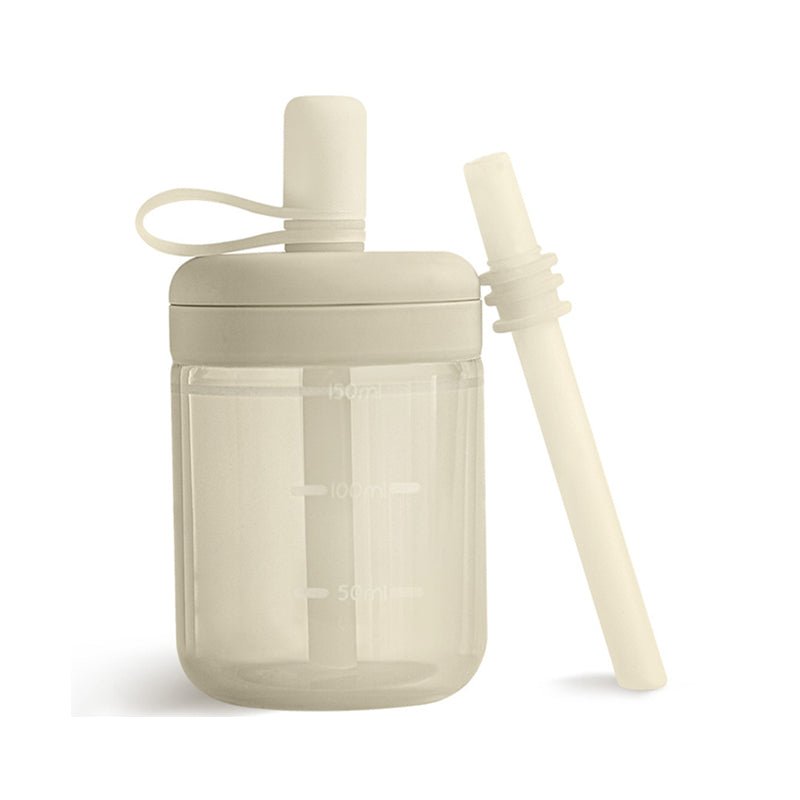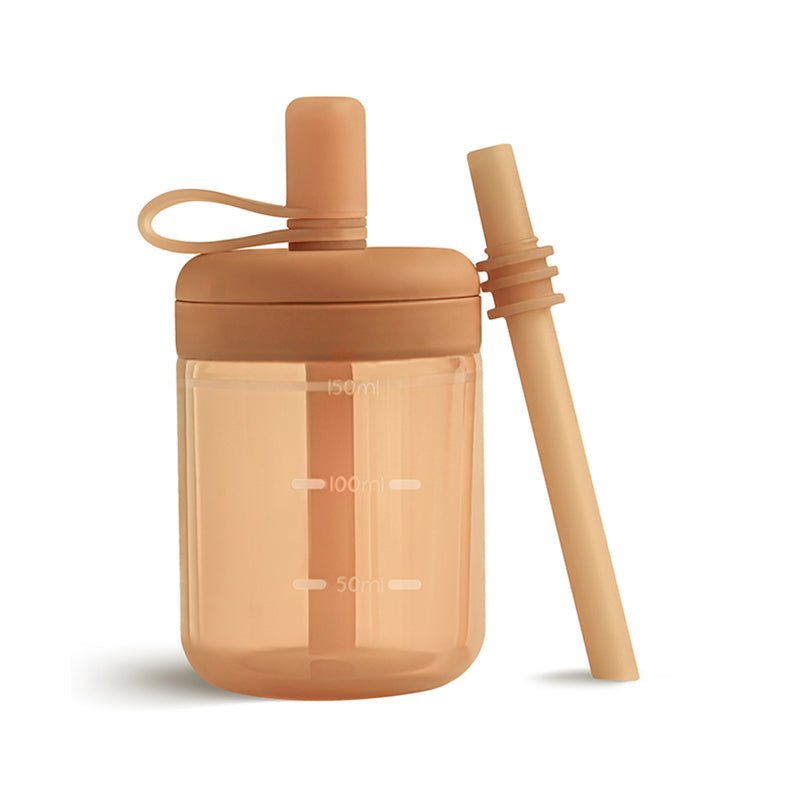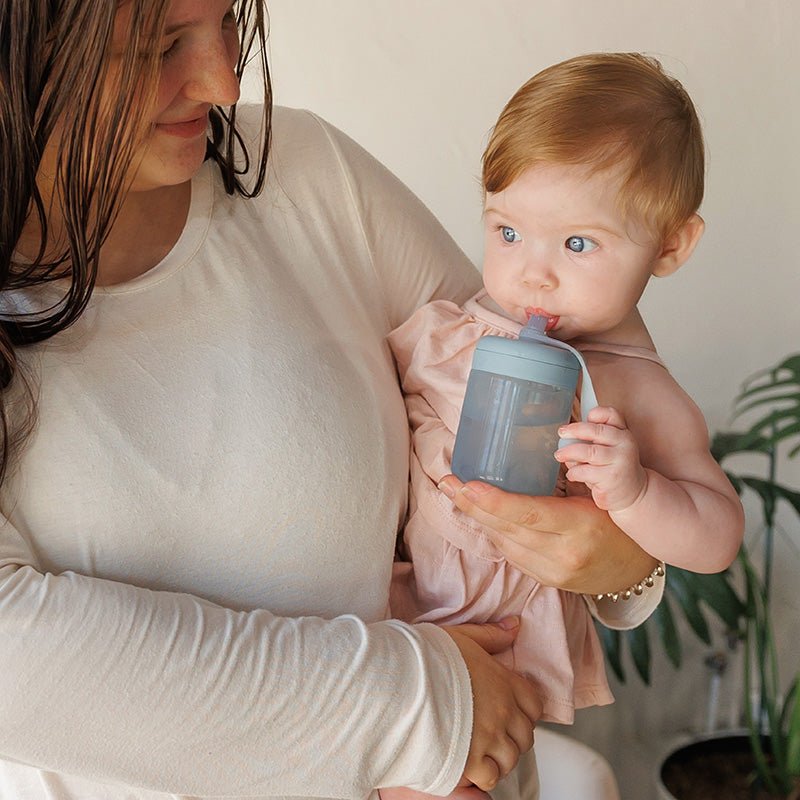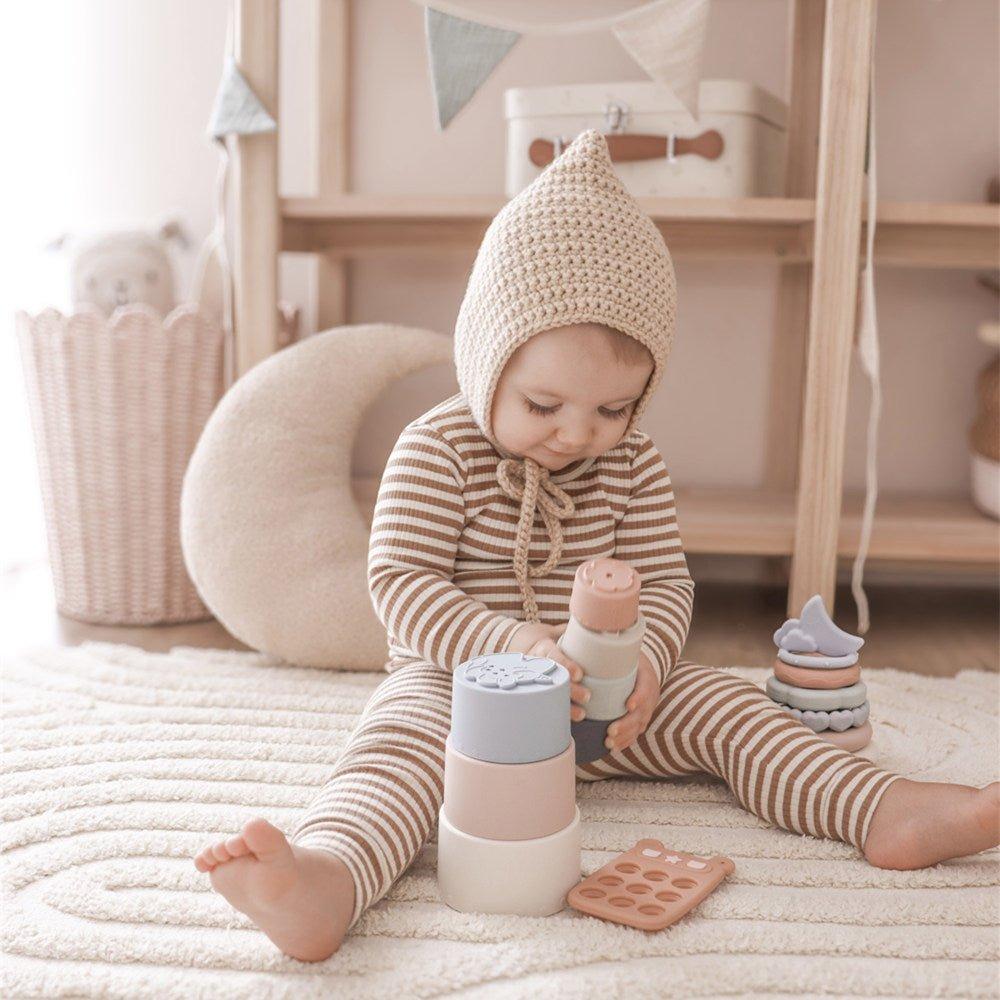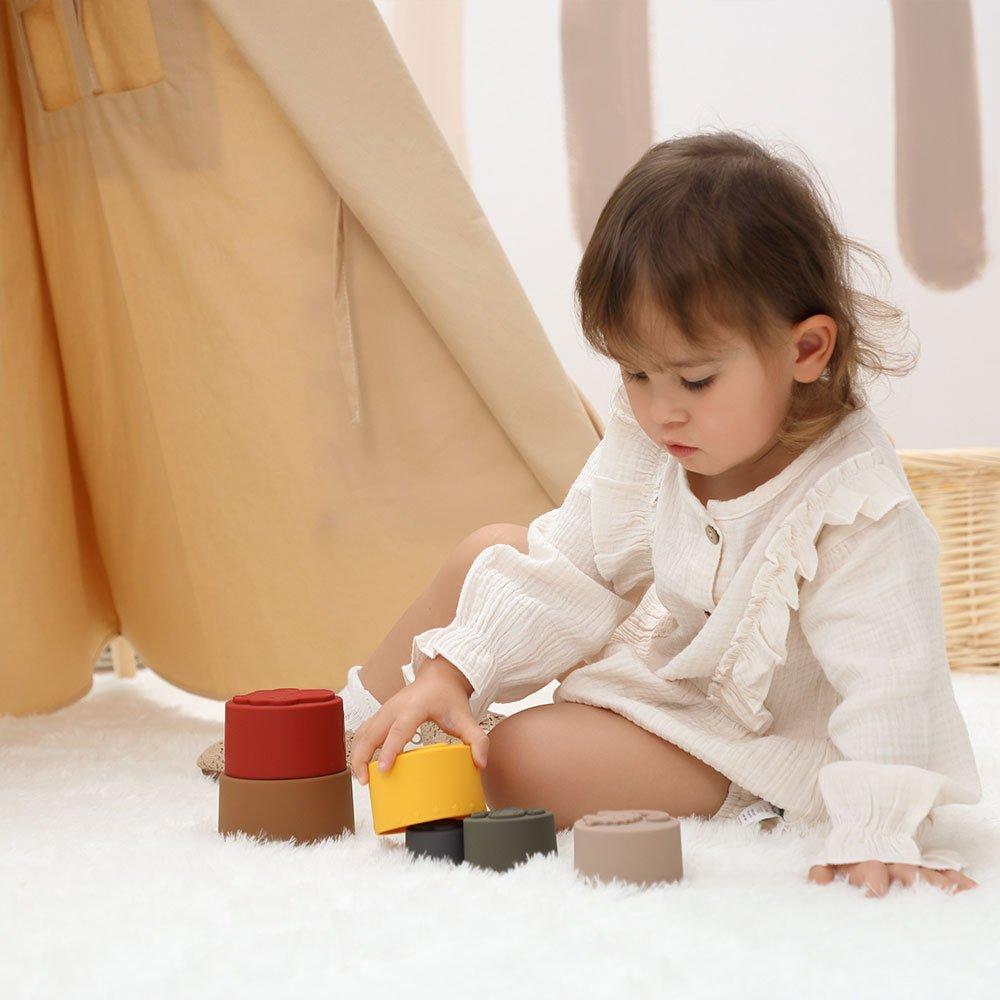
Ever wonder why we shower infants, toddlers, and children with toys? What makes toys so essential to childhood?
Toys benefit infants by giving them something safe for sensory exploration, cognitive development, and exercising fine motor skills. Thus, toys are an essential part of every childhood stage because they provide children with opportunities for play, exploration, and learning.
So, toys are for more than just fun and playtime. From comfort to language skills, babies and young children actually need toys to learn and grow. Let's take a closer look!
Why Are Toys Important for Development?
Young kids are always looking for something to learn and do. Growing at such a rapid pace makes them sponges that effectively soak up everything around them. Toys give your little insatiable genius a safe way to explore by stimulating senses, developing motor skills, promoting creativity, and improving cognitive abilities.
By giving your baby age and skill-appropriate toys for each stage in his development, you are laying part of the foundation for your baby to become a healthy, happy adult.
Toys Help Develop Motor Skills
From the moment little ones are born, they start developing their motor skills. Toys play a crucial role in this development by giving them something safe to reach for, grasp, and later crawl toward.
Toys like soft blocks, balls, and rattles can help infants practice grabbing things, which eventually leads to improved hand-eye coordination. Babies work on their fine motor skills when trying to pick up small things, stack toys, or move the parts of a busy board. For more on toys like these and how they work, read 5 Clever Baby Toys for Building Fine Motor Skills.
Toys that encourage crawling and walking later on, such as push toys and riding toys, help babies develop their gross motor skills, build strength in their legs, and practice balancing. It won't be long before your little one will scare you with their strength and nimbleness at the playground!
Toys Promote Creativity and Imagination
Toys can also help children develop their own unique creativity and imagination. Think back to when you were a kid: do you remember how your imagination colored your world? Even broken toys, rocks, and dead flies had a role to play in your games.
Toys that encourage open-ended play, like playdough, building blocks, and art supplies, allow children to use their vibrant imaginations to create whatever they want. With or without siblings or friends to play with, open-ended play leads to using problem-solving skills, critical thinking skills, and time to think outside the box (source).
Toys Improve Cognitive Ability
Toys that challenge young minds can help improve their cognitive abilities. Think of puzzles, memory games, and educational toys here.
Such toys are brilliant for developing your child's memory, attention span, and problem-solving abilities (source). These types of toys can also help kids learn level up to new concepts and skills, such as counting, colors, and patterns.
Toys Stimulate the Senses
In the first year, your baby is learning primarily through her senses. So, baby sensory toys that stimulate her senses of touch, sight, sound, smell, and taste are integral for her development.
Baby sensory toys made with various textures, shapes, and colors are especially helpful for exploration, even though she will explore most of these with her mouth! Sensory toys help show your little one cause-and-effect relationships. For example, how shaking a rattle makes a sound or how chewing a silicone teether relieves gum irritation.
But, sensory toys do not stop being developmentally helpful after the first year; they are actually an essential way for children to learn for years. Here is a list of sensory toys for each stage of early development: From Teething to Tummy Time: The Top Sensory Toys for Every Stage of Babyhood.
Toys Encourage Socialization
Toys can also help children learn to interact with others, even from infancy! In the beginning, infants are handed toys, played with, and giggle while watching someone play with their toys. As they grow, babies become toddlers learning about sharing, giving, and playing together with other kids.
Before long, toddlers become young children with enough of an attention span to play board games and playsets that require taking turns, sharing, and working together. These sorts of toys can also help children expand their communication skills and build relationships with their peers.
Toys Provide Comfort and Security
Believe it or not, toys can provide a sense of comfort and security for babies and young children. Soft toys, such as stuffed animals and blankets, can help babies feel secure and provide comfort when they are upset or in a new place.
These types of toys can also help babies develop a sense of attachment to objects, which can benefit their emotional development. Once speaking, toddlers often talk to their favorite stuffed animals and carry them around.
Toys Help Develop Language Skills
Linguistically, toys are a massive help for speech development. Books, puppets, dolls, stuffed animals, and any other toy you talk about while playing with your little one can help kids learn new words, practice their communication skills, and develop their ability to express themselves.
Such toys can also help young children develop storytelling, imagination, and pre-reading comprehension skills. For example, after your toddler looks at some pictures in a book, ask him about what he saw and what he thinks happened in the story.
After reading a story, take a couple of minutes to ask your little audience member what happened and whether he liked the story. Simply making a habit of asking your little one about his thoughts on stories, pictures, and playtime will build his confidence and language skills.
Toys Provide Educational Benefits
Once your little one has grown into a kid, you will need to shift gears a bit to keep up with her. Educational toys, like science kits, math games, and language-learning toys, can help your child learn new notions and skills in a fun and delightful way.
These toys can also foster a lifelong love of learning and curiosity about the world around her. But don't be fooled! Your kiddo will still love hands-on materials for learning. Books are a magnificent adventure for the mind, but they don't make tactile subjects stick in the memory like actually building a bridge or constructing a rocket. That's what makes science kits so engaging!
So, there are loads of benefits in giving toys to your infant throughout all stages of her development. But how do you know which toy to choose?
Tips for Choosing the Right Toys at the Right Time
Toys are beneficial when they are suitable to your little one's age and skill level. Otherwise, you will frustrate him with toys that are too difficult or not engaging enough. Luckily, there are a few tips that can help you out.
The following list is far from comprehensive, but it will give you a bit of guidance to start with.
Choose Safe and Durable Toys
Ensuring your little one's safety comes first. Look for toys that are non-toxic, well-made, and durable. One familiar problem parents have is cheap toys falling apart relatively quickly: your baby may swallow small pieces, or your child may step on broken pieces.

One way to avoid this is by avoiding cheap plastic toys for any age. If it's cheap, it may be weak, toxic, or break into sharp pieces easily. Besides, fixing broken plastic is not always doable, so the toy's lifespan makes it not worth getting.
That's why we make all our baby toys with high-quality silicone at Moonkie. We believe that creating durable baby toys that are safe for your little one to chew on as an infant and play with as a toddler makes the cost worthwhile. With Moonkie toys, you are investing in playtime for every stage of early development, not just one or two.
If you are concerned about silicone (or just have no idea what it is!), read about it here: Pros and Cons of Silicone Baby Toys: A Comprehensive Guide for Parents.
But you can't rely on safety as the main tip; otherwise, your little one will play with baby toys through to adulthood!
Consider Your Child's Age and Stage of Development
Babies and toddlers have different needs and abilities at different stages, so it's crucial to choose toys that are appropriate for where they are at.
For example, a newborn baby will have very different needs than a six-month-old just starting to sit up and explore their surroundings. A one-year-old beginning to walk and talk will have different needs than a two-year-old becoming more independent and imaginative in their play.
When choosing toys, consider what skills and abilities your child is currently working on and select toys that can help support their growth in those areas. So, for babies just starting to crawl, soft tunnels to crawl through or balls for them to crawl after may be a good choice.
Look for Toys that Encourage Creative Exploration
Young children learn and grow through exploration and play, so choosing toys that encourage these activities is paramount. Avoid buying electric toys, especially early on, because they make your little one sit and watch more than actively engage and play.
For toddlers and up, art supplies, like crayons and paper, can help your child advance their fine motor skills while also enabling them to express themselves creatively. You can achieve the same skill development as your child grows by introducing more crafts she may be interested in.
Crafts like weaving potholders, making beaded jewelry, weaving bracelets, paint-by-numbers, cross stitches, and hook crafts may be suitable for a four or five-year-old with your help.
Consider Your Child's Interests and Personality
It doesn't take long for your little one to show personality and preferences. As you choose toys for him, consider his interests and personality. Some littles are more drawn to physical activities, while others may prefer quieter, more imaginative play.
Some may have a particular interest in animals or vehicles, while others may enjoy playing with dolls or action figures. By choosing toys that line up with your child's interests and personality, you can help encourage his engagement and enjoyment in playtime. And who knows your kiddo better than you?
Limit Screen Time and Choose Toys that Encourage Active Play
Screens are everywhere, and it is so easy to turn one on for a free babysitter while you try to get something done. But, research has shown that excessive screen time can negatively affect a child's development (source). And the younger the child, the more significant the detriment.
From birth to three years old, your child's amazing little brain makes 1 million neural connections a second. Imagine what significant time spent in front of a screen does to a brain growing that fast. Needless to say, an hour or two of time to do the chores daily is not worth the long-term brain health and development of your little one (source).
Choose toys that encourage your child to play actively, like push toys, balls, riding toys, activity tables, or floor games. The more he moves, the better off he will be.
Rotate Toys to Keep Playtime Exciting
Rotating your child's toys regularly is an excellent idea to keep playtime fun. This staves off boredom and keeps your child engaged and interested in their toys.

You can try keeping a few different toys out at a time and rotating them every few weeks. Doing so can help your kiddo feel like they have new toys to play with, even if they are just rediscovering old favorites.
In a Nutshell
Overall, toys can provide many benefits for infants, from comfort to language skills. As a busy parent, choosing the right toys for your little one at the right time can be overwhelming. However, by understanding the different types of toys and their benefits, you can make solid decisions about which toys are best for your baby's needs now and later.
Every baby is different, and what works for one baby may not work for another. With a bit of trial and error as you experiment and observe, you can discover the right toys for your little one that will help them grow into happy, healthy children and successful adults.

